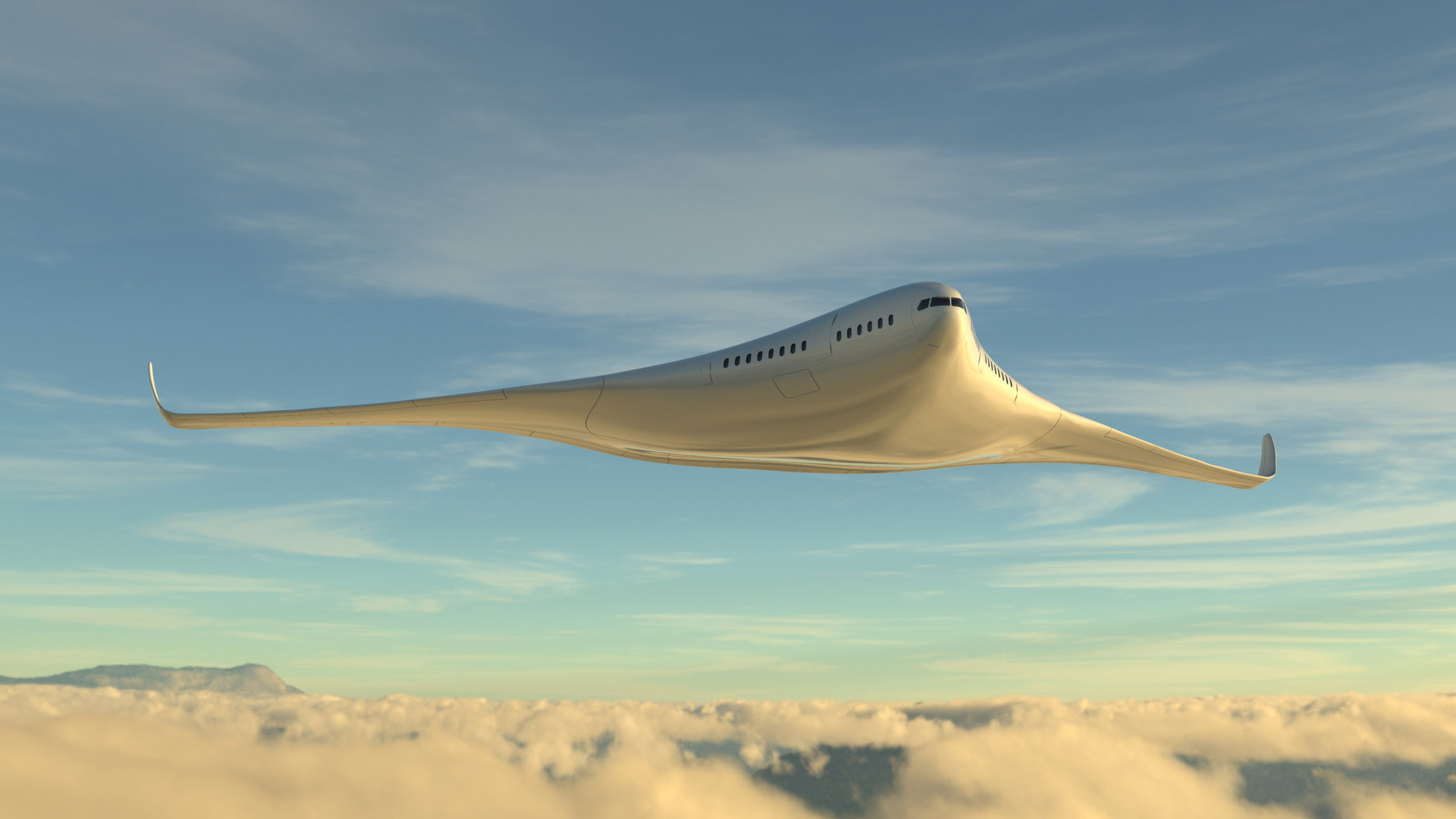
New Michigan Initiative for Sustainable Aviation gathers experts to pursue sustainability solutions
A collaborative consortium addresses environmental challenges facing the aviation industry

A collaborative consortium addresses environmental challenges facing the aviation industry
With increasing global concerns regarding the environmental impact of the aviation industry, the University of Michigan Aerospace Engineering department is launching the Michigan Initiative for Sustainable Aviation (MISA).
Designed to gather leading experts across a variety of research domains, MISA will gather campus experts and external stakeholders for dialogue and collaboration that address the increasing challenges facing the aviation industry.
“MISA leverages our faculty’s previous efforts in improving air transport efficiency. We will consolidate our capabilities within Aero and seek external collaborations to tackle the increasingly urgent need for sustainable aviation,” says Joaquim Martins, Pauline M. Sherman Collegiate Professor at the University of Michigan.
Aviation contributes over 900 million tons of global carbon dioxide emissions annually, and most of them come from the commercial air transportation industry. Recognizing the critical need for carbon mitigation, industry is leading the charge in a global commitment to achieve net zero emissions by 2050, through a combination of new aircraft technologies, sustainable fuels, improved operations, and novel aircraft architectures.
“Within MISA, we will further develop the ecosystem to develop and validate new technologies that will cut overall emissions and enable sustainable aviation,” comments Carlos Cesnik, the Clarence L. (Kelly) Johnson Collegiate Professor of Aerospace Engineering at the University of Michigan.
Southeast Michigan is a major engineering and manufacturing hub for mobility. Moreover, U-M’s commitment to sustainability and our experts across the College of Engineering, the School for the Environment and Sustainability, the Graham Institute for Sustainability, and others provide us the opportunity for interdisciplinary advances that move the needle. Being part of this rich ecosystem enables us to leverage diverse technologies to help achieve new innovations.
“MISA’s holistic approach to sustainable aviation recognizes that creating a more sustainable aerospace industry involves much more than just improving fuel efficiency. By examining the full life-cycle impact of aviation on the environment and society, we aim to lead the charge in responsible innovation, ” adds Assistant Professor and notable sustainable aviation expert, Gokcin Cinar.
MISA gathers across disciplines from engineering to environmental and climate sciences, public policy, business and law to address the following topics:
“The University of Michigan has the ability to bring together faculty across campus from programs that are world renowned in their fields for collaborative research through MISA. Combining that collective with leaders from aviation companies and organizations all united to find solutions to pressing sustainable aviation challenges helps us move the needle in environmental management of the aviation industry,” comments Eric Michielssen, Associate Dean for Research at the College of Engineering.
Anthony M. Waas, Richard A. Auhll Department Chair and Felix Pawlowski Collegiate Professor, Aerospace Engineering, notes the priority of MISA’s efforts, “Sustainable Aviation is one of our six strategic thrusts over the next decade. The work moved forward by this leadership team in developing MISA demonstrates how Michigan Aerospace is meeting the challenges of our field with initiatives designed to address the mega trends that present diverse aerospace engineering challenges in the coming decades.”
For more information about MISA or to join the list of affiliates, please join MISA’s interest list at myumi.ch/Ek1r7 to learn about upcoming conversations. Learn more about MISA at our website.
Recent thought leadership pieces by the core MISA team include:
Joaquim R.R.A. Martins: “Hydrogen-Powered Aircraft: Fundamental Concepts, Key Technologies, and Environmental Impacts”, Progress in Aerospace Sciences
Gökçin Çinar: “Electric planes are coming: Short-hop regional flights could be running on batteries in a few years” The Conversation